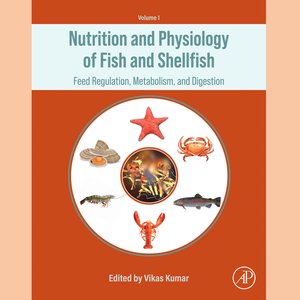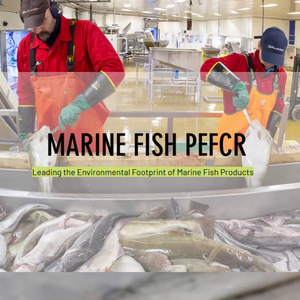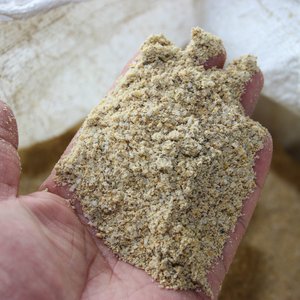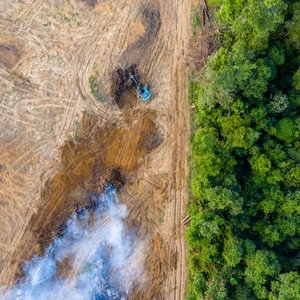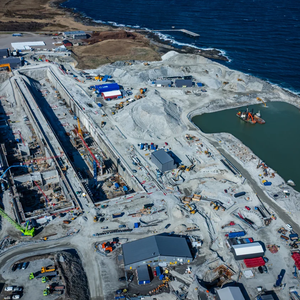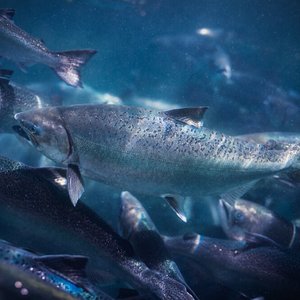Recognizing a need to provide a global discussion on the topic of human capital in agriculture, the International Food and Agribusiness Management Association (IFAMA) announced the release of a special issue of the journal, International Food and Agribusiness Management Review, devoted to human capital in food and agribusiness. “Global Networks, Global Perspectives and Global Talent” contains 23 essays from top industry executives and leading academics who discuss different approaches to the challenges and solutions in filling the current global talent gap.
The special issue is organized into five sections. The first, Human Capital in Agribusi¬ness: Challenges and Opportunities, provides the perspectives of five industry leaders on why Human Capital is a critical issue for business, academic, and government leaders. Section two, Attracting, De¬veloping and Maintaining Talent, includes essays on education, and corporate learning. The third section, Human Capital in a Global Industry, covers a range of world-spanning topics such as leveraging diversity and managing multi-stakeholder and cross-cultural interactions. Section four, Responding to the Needs of a Complex and Dynamic World, highlights the need for new skills and capabilities. The final section, In¬novation in Practice, provides several real-world examples of organizations that are taking a different path, including “Dealing with Cultural Differences in Public-Private R&D Projects: The Experience of the Australian Seafood Sector”, which discusses the current agribusiness managers’ human capital problem of dealing with cultural differences in public-private Research & Development (R&D) projects involving firms, government agencies and universities and proposes a “learning by doing” process for managers to recognize and deal with cultural differences during project implementation.
Featured authors include Hugh Grant, President and CEO of Monsanto; Hans Jöhr, Corporate Head of Agriculture for Nestlé; Pearse Lyons, President and Founder of Alltech; Vikram Puri, CEO of Mahindra ShubhLabh Services, and many more. The special issue is designed to raise awareness of the importance of human capital to a wide audience, share innovative ideas and identify areas for further study.
“It is becoming increasingly clear that human capital, rather than physical resources or financial clout, will define the success of agribusiness organisations in today’s new and increasingly global environment,” said Aidan Connolly, Alltech vice president and co-editor of the special edition. “Our industry is facing the extreme challenge of feeding a growing population while experiencing dramatic changes in supply and demand due to climate, economics, and technology. At the same time, today’s consumers have higher expectations for the food they eat, as well as for the firms that produce it.”
“Businesses today are faced with complex, international problems often involving multiple stakeholders with competing objectives,” noted Mary Shelman, director of Harvard Business School’s Agribusiness Program and current president of IFAMA. “Creative leadership and innovative approaches to problem-solving are essential in order to develop new solutions. This requires different skills and training than in the past.”
Global Networks, Global Perspectives and Global Talent is available for free on the IFAMA website.


